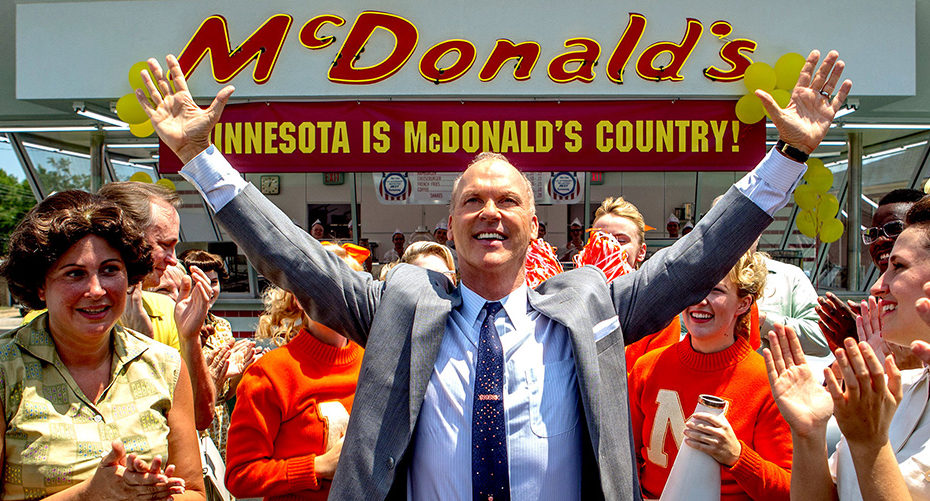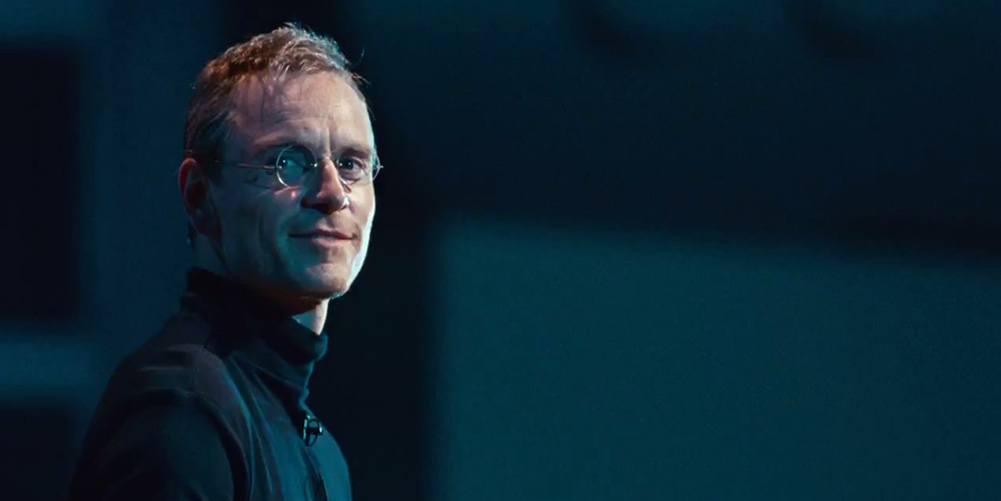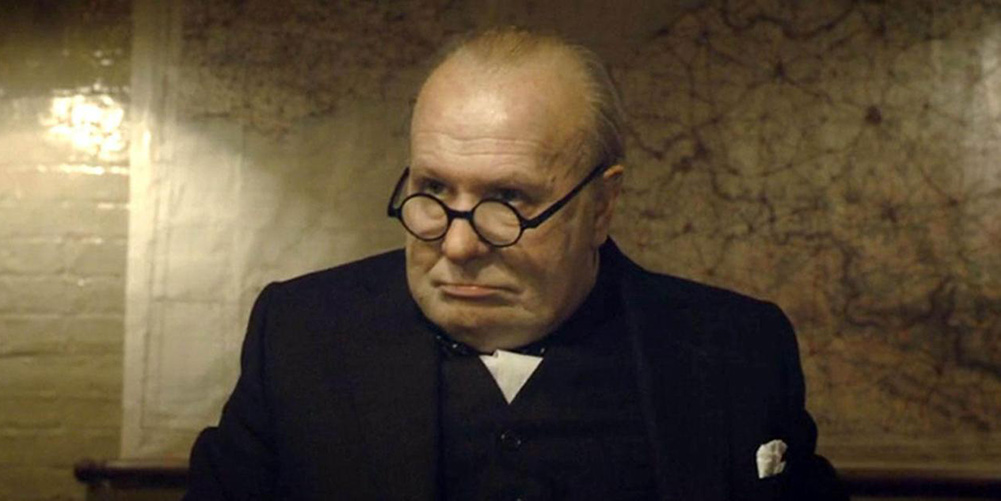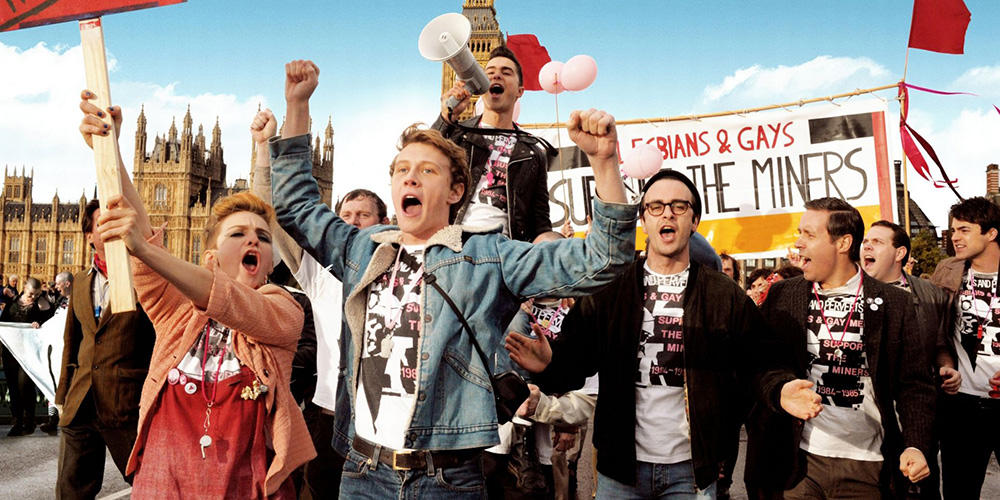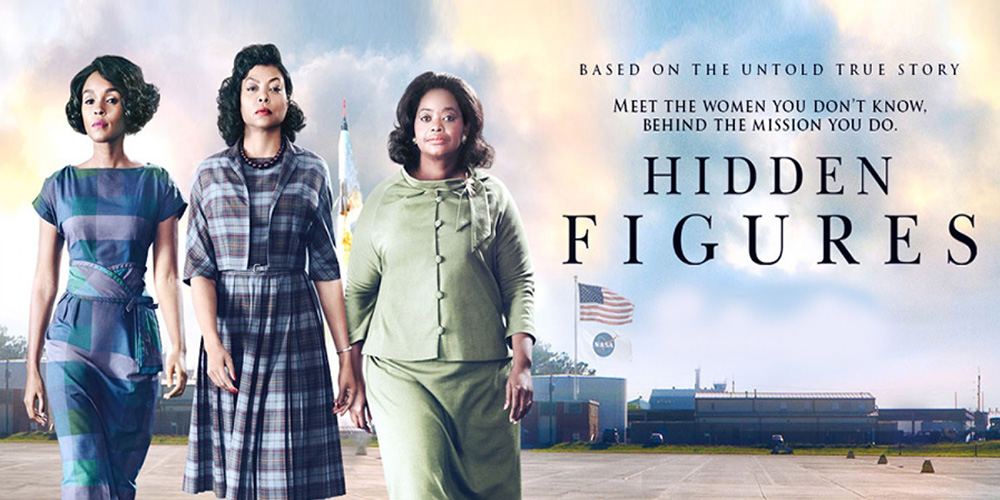The Founder tells the story of McDonalds: its origins as an innovative Californian fast-food restaurant and its transformation to global phenomenon and the world’s sixth largest employer.
It’s the story of Ray Kroc, the milkshake machine salesman who persuaded the McDonalds brothers, Dick and Mac, to franchise their restaurant concept before eventually forcing them out of their own business.
The Founder doesn’t flinch from the darker side of the tale: Kroc’s eventually ruthless pursuit of complete control of the company. Most distastefully, that involves reneging on a handshake settlement deal that would have left the McDonalds brothers billionaires. For good measure, he takes their rights to use their own name, and runs them out of business in their original restaurant.
Yet on the journey, there are some fabulous business lessons – particularly from the brothers themselves, who re-imagined an entire industry.
For every solution you need a problem
Every entrepreneur will tell you that any new business idea should ideally solve an existing problem.
In The Founder, the problem is the inherent drawbacks of the American drive-in restaurant model: large overheads, poor service and an environment more conducive to teenagers than families.
As a consumer, Kroc intuitively recognises the problem. And when he sees the solution the McDonalds brothers have developed to address those issues, he immediately spots its potential.
The scene below highlights many of the lessons of The Founder, as Dick and Mac tell the story of their restaurant. It’s an epic account of business acumen. Of knowing your market and their needs. Of continually overcoming obstacles. And of devising novel solutions to clearly-defined problems.
Be persistent
Innovation comes with big risks, and obstacles are laid before the McDonalds brothers and Kroc at every turn.
In the scene above, the brothers outline the many problems they’ve had to overcome. Trying different business opportunities to find their niche. The great Stock Market crash of 1929. Physically moving a hamburger stand from one town to another. Cutting the roof off their building so it would fit under a freeway bridge. A disastrous opening night for their new restaurant – to name just a few.
Kroc himself is a salesman who’s tried any number of roles to make his fortune. He never gives up. And when he hears about an upstart restaurant in California who have ordered eight of his milkshake machines – when he struggles to find any other restaurant to order just one – he doesn’t hesitate. He drives across more than half the country to find out why.
With his foot in the door at McDonalds he’s constantly trying out new things and learning from his mistakes: changing his tack on the type of franchisees he recruits, ditching refrigerators in basements that cost thousands in overheads, converting to powdered milkshakes and many more.
Lean your business model
In their quest to deliver an unparalleled customer experience, the McDonald brothers look critically at every part of their process and work tirelessly to improve it.
Nowhere is this more evident than in the second half of the scene above, where Dick fine tunes his new ‘speedy system’ by marking out his proposed restaurant layout in chalk on a tennis court, and enlisting his staff to enact the process “like some crazy burger ballet”. By observing the process in action, he can make constant changes to the layout until the whole operation works seamlessly – avoiding any expensive mistakes by getting the actual restaurant layout wrong.
It’s this innate attention to detail and continuous refinement and testing of their processes that allows the brothers to transform not only their restaurant, but ultimately the entire fast food industry.
Get your pitch right
Having met the brothers and seen their operation, Kroc is instantly converted. He returns the next day with his big pitch: “franchise, franchise, franchise” he tells Dick and Mac in the scene below.
There’s just one problem, as the brothers explain once he lets them get a word in. They’ve already tried it.
It’s a classic case of selling an idea without doing your homework or understanding your audience.
But he’s not finished. And his second pitch, in the scene below, is very different. Kroc doesn’t go into the detail of how to overcome the problems the brothers experienced when they initially tried franchising. Instead, he sells them an enticing vision, one that taps directly into their community, family-oriented values. “McDonalds can be the new American church,” he tells them. “Feeding bodies and feeding souls.”
Work with the right people
The Founder illustrates why it’s important to work with the right people – those who share your own values and ideals. While Kroc manages to convince the McDonald brothers to go into partnership on a franchise model, it’s clear they have different agendas and they’re not a good match. The fault lines soon appear, as communication becomes strained and, ultimately, the relationship breaks down with unpleasant consequences.
Even at the beginning Dick and Mac have reservations about Kroc, but write them off as teething problems. Those reservations stem from differences in values and ambition. It’s a good reminder that going with your gut instinct is usually a sensible move.
Kroc also learns a valuable lesson when he finds asking his golf buddies to invest in franchises is counterproductive: they’re not the kind of people he needs to make McDonalds a nationwide success. He soon changes tack by targeting a completely different demographic – young couples – to be franchisees.
